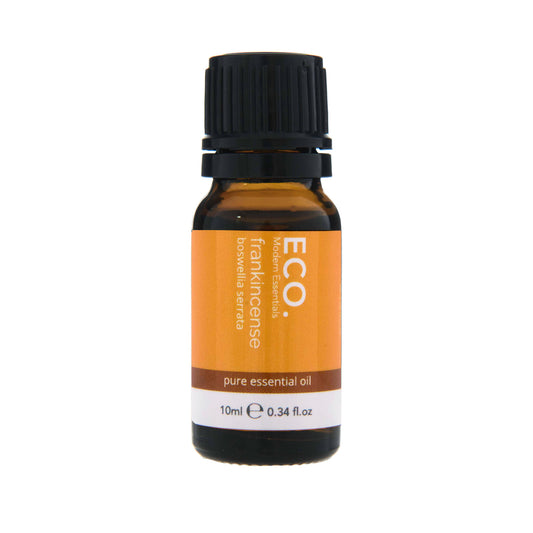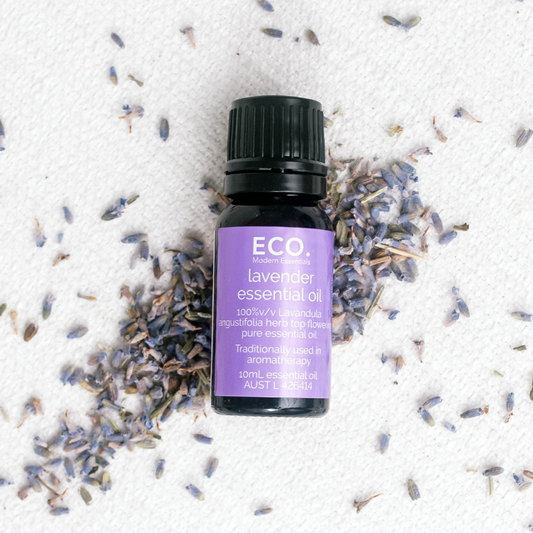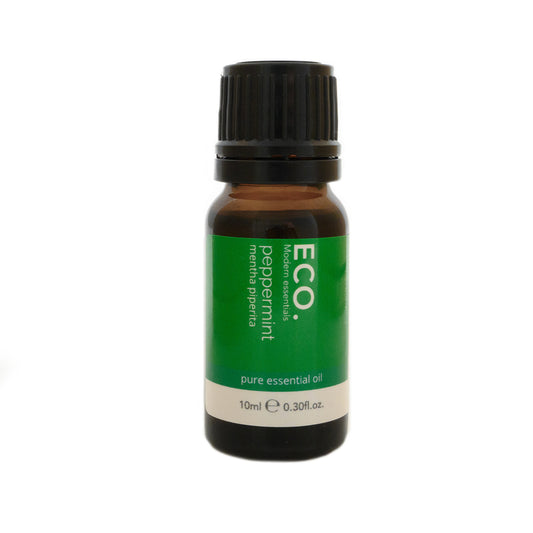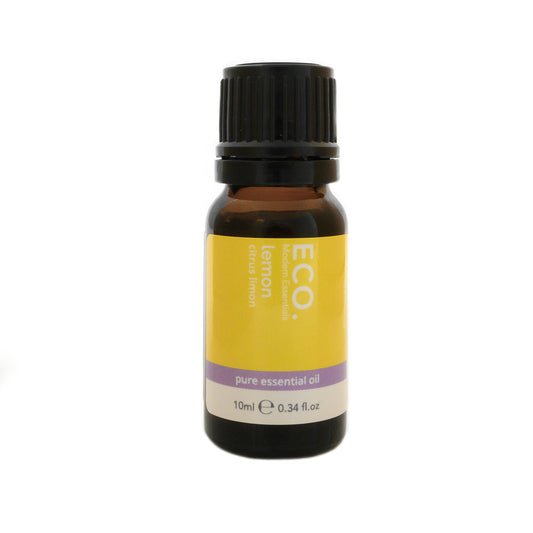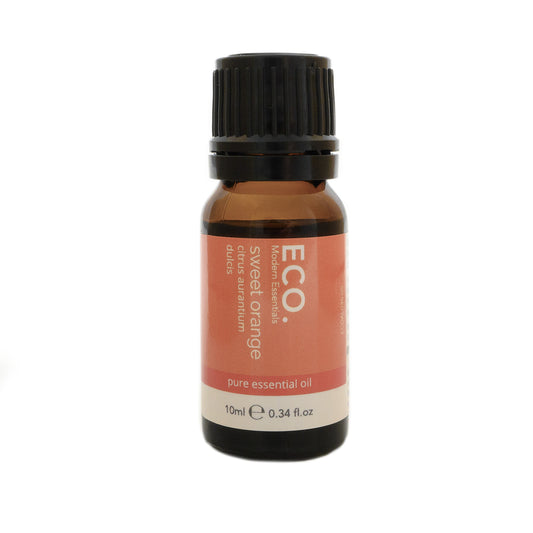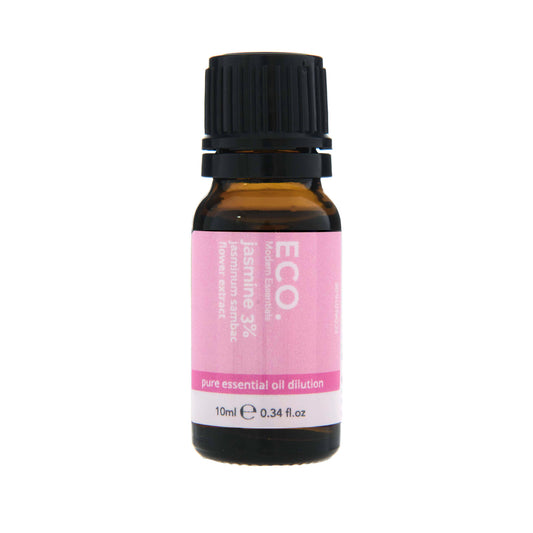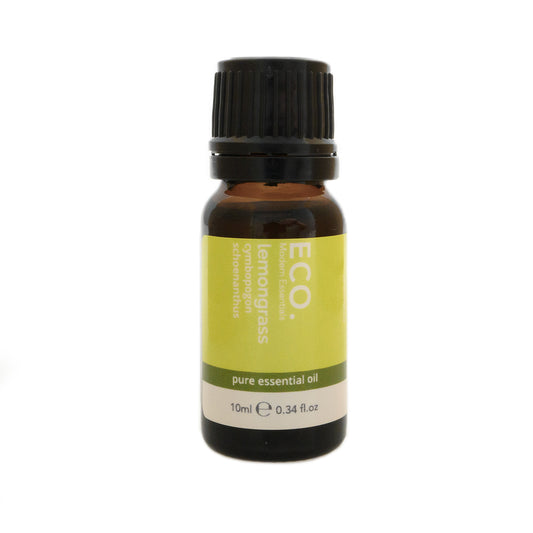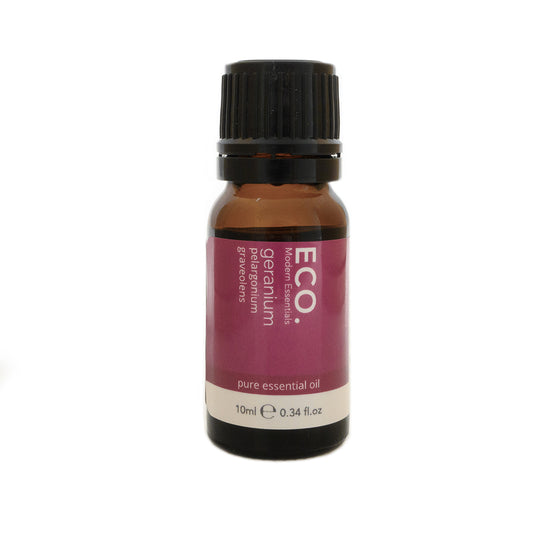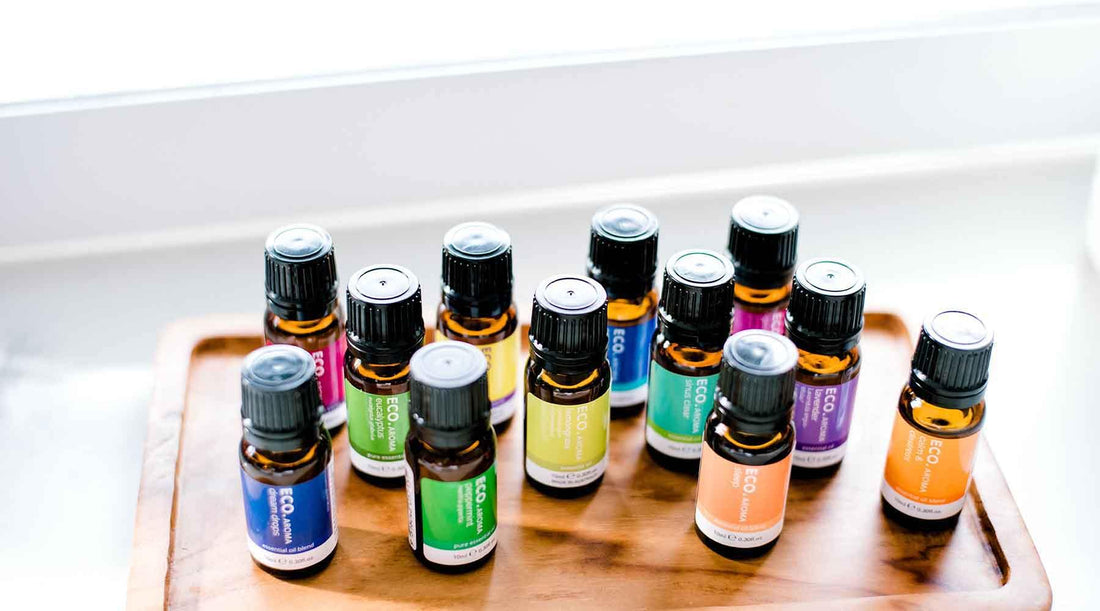
What are Essential Oils?
Essential oils are used as part of aromatherapy, a holistic medicine approach using aromatic plants and waters to help support physical and emotional health.
This blog is for those who are new to essential oils or for those who want to improve their aromatherapy basics.
What are Essential Oils?
Essential oils are extracted from plants and are a very concentrated form of the healing aromatic compounds either from the plant or produced during the extraction process. Essential oils are extracted from plants either through steam distillation, cold pressing or effleurage and are a very concentrated form of the healing aromatic compounds that are found in those plants. Those compounds are responsible for the fragrance of the plant. For example, the chemical component linalool, which is prominent in lavender, has sedative properties and can help promote sleep. Other specific antibacterial components in Tea Tree or Eucalyptus can act as disinfectant or used for minor skin injuries.
How are essential oils made?
Essential oils are produced using three main methods:
Distilled: Most essential oils are produced via distillation. The process involves submerging plant material in water that is heated to produce steam. The steam is captured and cooled, resulting in essential oil and aromatic waters or hydrosols. Rose or lavender water are commonly used as a skin toner.
Cold pressed: Most citrus essential oils are produced via the cold pressed method. In the thick skin of citrus fruit there are little pockets of essential oil, you may have noticed when you cut into a citrus fruit the essential oil spraying out (and smelling divine). The essential oil is the plants’ way of defending the fruit from disease and other pests. In the cold extraction process the skin of the citrus fruit is cut by a machine and the essential is collected in sponges. This method is used because citrus essential oils are sensitive to heat and evaporate quickly.
Effleurage: A very gentle extraction method that was traditionally used for roses and other delicate florals. It was found that pressing plant material into fat could extract the essential oil of the plant. The essential oils were then extracted out of the fat with alcohol. This method tends to be very time consuming and expensive. Today plants can be immersed in a solvent or liquid CO2 and the essential oil is then separated out from the extraction medium.
How do Essential oils Work?
Essential oils can be absorbed into the body through the skin and nose. When essential oils are absorbed through the skin, they enter into the blood stream which distributes the healing molecules throughout the body. Heat, water and topical application can increase the level of absorption, Application methods like baths and compresses are a great way to increase essential oil absorption into the body.
>When inhaling an essential oil, the aromatic molecules travel through two routes. Through the nasal passages, stimulating smell sense memory in the limbic system of the brain. In the lungs, essential oils pass into the blood stream where they are carried throughout the entire body.
Is there any science behind essential oils?
The limbic system is a primitive part of the brain and is associated with memory and emotional response. This is why certain aromas can produce powerful memories and emotions within us and how essential oils can help enhance our emotional state. Once the limbic system is triggered neurotransmitters, such as serotonin and endorphins are released.
How to Use Essential Oils
Inhalation: The quickest and most simple method of using essential oils. Essential oils can be inhaled straight from the bottle or added to a diffuser or essential oil burner. Perfect for a quick pick me up or to help improve your mood. You can also benefit from inhalation by diffusing essential oils in your home
Steam inhalation: Used to support respiratory infections and skin. To a bowl of steaming hot water, add 2 to 3 drops of your chosen essential oil, close your eyes and position your face at a comfortable distance from the water. Cover your head with a towel and breathe for up to 5 minutes. Or add up to 5 drops of essential oil onto a face washer and place under the shower stream to create an aromatic steam in your shower.
Compress: A compress tends to be used for muscle or joint pain but can also be used for digestive or respiratory complaints. Make a compress by adding up to 3 drops of essential oil to a medium sized bowl of water. Soak a face washer in the water and wring out excess moisture. Apply the face washer to treatment area and repeat as the compress either cools down or warms up for up to 10 minutes. For inflammation, recent sprains or strains use cold water. Muscle aches and spasms and stiff joints respond well to warm/ hot water.
Topical: Applying essential oils to the skin is a great way to reap the full benefits of aromatherapy. First, the essential oil must be diluted in a carrier oil to avoid skin irritation or other unwanted effects. Examples of popular carrier oils include sweet almond, fractionated coconut and jojoba. You can use essential oils topically by making your own natural perfume or rollerball for specific purposes. It is recommended to use a 2.5% dilution for general use: 5 drops of essential oil per 10ml of carrier oil. Alternatively, you can use essential oils in a massage blend, hydrating body oil or face oil. It is recommended to use a 1% dilution for face treatment: 2 drops of essential oil per 10ml of carrier oil. We use a lower dilution for the face because the skin tends to be thinner and more susceptible to irritation.
Bath: What could be more luxurious than having a relaxing bath in water gently scented with essential oils? Essential oils do not mix with water so always add your essential oil blend to a dispersant, such as a carrier oil, before adding to bath water to avoid the risk of skin burning or irritation. A dispersant is a substance that blends the essential oil into water, such as full fat milk, coconut milk, carrier oil or honey. Add 8 drops of essential oil in a dispersant to your bath water.
Hand or Foot bath: Add 3 drops of essential oil to a bowl of warm water. Useful to treat skin infections, arthritis or poor circulation.
What are the benefits of essential oils?
Essential oils have a wide range of physical and emotional benefits. The most widely known benefits of aromatherapy include improving sleep, reducing stress, improving the appearance of skin and support natural cleaning.
Stress & Anxiety
Essential oils that can help relieve symptoms of stress and anxiety by promoting body relaxation, calm the mind and have an overall impact on calling our nervous systems. Floral essential oils like Lavender, Jasmine, Rose and Neroli are renowned to help promote relaxation and have a mild sedative action. Woody or herbaceous essential oils like Cedarwood, Clary Sage, Vetiver and Sandalwood can also help reduce stress. These essential oils all have specific chemical components that have sedative, antidepressant and calming properties.
Sleep
A wide range of essential oils have sedative and calming properties that can assist with promoting a quality sleep. Essential oils such as Lavender, Frankincense, Ylang Ylang and Mandarin can all help the body and mind relax, which can help prepare the body for sleep. Using essential oils is a natural way to aid sleep and relieve insomnia without the negative side effects often associated with sleep medications.
Natural Skincare
Essential oils are a commonly used ingredient in natural skincare for both their benefits and scent. Essential oils have numerous properties that can be beneficial for skincare such as antibacterial, anti-inflammatory, toning and astringent. When used on the face or body, essential oils can help cleanse, tone and hydrate the skin. Commonly used essential oils in skincare include Lavender, Geranium, Chamomile, Sandalwood and Rose.
Cleaning
Most essential oils have antibacterial, antimicrobial or antiviral properties. This makes them to perfect addition to cleaning products as they can help prevent the spread of germs while acting as a disinfectant. Essential oils can be used for surface, floor and window cleaning, as well as in the laundry. The most popular essential oils for cleaning include Eucalyptus, Tea Tree, Lemon, Lemon Myrtle and Clove bud.
Top Essential Oils
There are an overwhelming amount of essential oils and ways to use them. Here are the top 10 most commonly used essential oils and their benefits.
Lavender: Sedative, calming, antimicrobial, analgesic and anti-inflammatory. Great to use for sleep, stress and skincare.
Peppermint: Uplifting, analgesic, expectorant and antispasmodic. Great for energy, headaches, muscle aches and digestion.
Frankincense: Anti-microbial, anti-inflammatory, sedative, balsamic. Great for sleep, stress, skincare and immunity.
Lemon: Antibacterial, uplifting, helps with concentration and focus as well as digestion. Great for cleaning.
Jasmine: Aphrodisiac, Analgesic, Anti-inflammatory and Sedative. Great for sleep, stress and skincare.
Sweet Orange: Uplifting and antibacterial. Can help with digestion, skincare and cleaning.
Lemongrass: Antiseptic, analgesic, warming and deodorising. Great for cleaning, sore muscles and digestion.
Geranium: Astringent, antibacterial, sedative and analgesic. Great for skincare, sleep and stress.
Eucalyptus: Antiseptic, expectorant and analgesic. Great for cleaning, sore muscles and immunity.
Tea Tree: Antimicrobial, expectorant and anti-fungal. Great for cleaning, skincare and immunity.
Are Essential Oils Safe
It should be noted that essential oils are a highly concentrated and medicinal substance, so some safety precautions need to be observed. For a healthy adult, most essential oils are safe to use within an appropriate dosage (as indicated above). However, when using essential oils for babies, children, during pregnancy, for the elderly or for those with a serious illness it is prudent to do some research to ensure that you use oils that are suitable and that you use the correct dose. As a general guide;
The gentlest essential oils include Lavender, Sandalwood, Frankincense, Neroli and citrus essential oils such as Orange, Lemon, Lime, Bergamot and Mandarin.
Citrus essential oils can produce an effect on the skin called photo-toxicity. Citrus oils applied to the skin and then exposed to direct sunlight causes the skin to be more prone to sunburn. To avoid this either use citrus essential oils at night or if you plan to stay inside for most of the day or use them in a diffuser/ inhalation.
Essential oils need to be diluted with a carrier oil before being applied to the skin.


